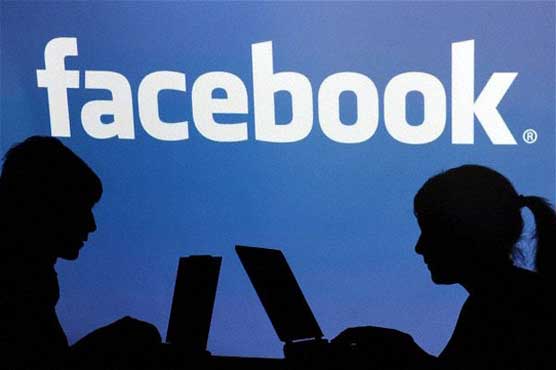Facebook to go public, raise $5B

Facebook is going public in a stock offering that could value it at up to $100 billion.

Facebook is going public in a stock offering that could value it at up to $100 billion.